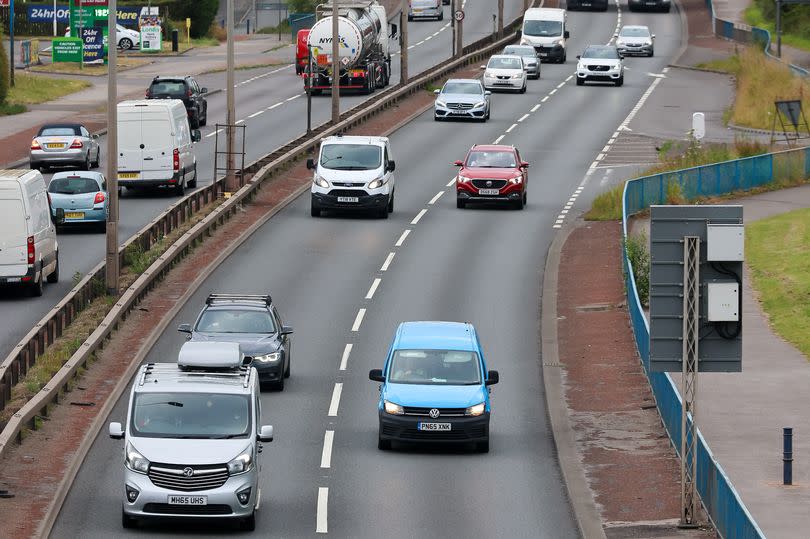Drivers warned popular car modification could invalidate insurance

Anyone planning a getaway this summer has been advised that a popular car modification which helps with holidays could invalidate their insurance. Additions such as a roof rack could mean lead to road users being denied claims in the event of an accident if not reported to the insurance provider.
Most insurance firms consider anything beyond a manufacturer's official accessory list as a modification, including things like a tow bar. While these simple modifications may not drastically increase your current premium, they could lead to your insurer refusing coverage if an accident occurs. .
Installing a tow bar indicates you're likely to be towing trailers, caravans, or large items, increasing the vehicle's risk on the road. And most insurers view fitting an aftermarket tow bar as a modification, meaning they must be informed, The Mirror reports.
POLL: Do you think Keir Starmer will make a good Prime Minister?
Get breaking news on BirminghamLive WhatsApp
In most cases, insurers will simply make a note on their systems and no additional charges are added, but some may find premiums increase, so it's worth shopping around with providers to find the best deal. Adding roof bars or a roof rack will likely change the insurance profile of your vehicle, with some providers deeming it an additional risk, as it could affect the way the vehicle handles or increase the chances of theft or damage.
Similarly to tow bars, aftermarket roof racks and roof bars are considered a modification, so it is wise to inform your insurer if you have added these. There have been horror stories of insurers cancelling policies upon notification of a modification, but it is more likely they will add a note to the policy, or charge a small fee for an amendment.
Aside from adding a certain aesthetic to your vehicle, window tints can reduce the amount of potentially harmful and distracting sunlight that can enter a cabin during the brighter summer months. The law states that any vehicles first used on April 1 1985 or later must have a front windscreen that lets at least 75 per cent of light through and the front side windows must let at least 70 per cent of light through.
Traffic police are often equipped with light measuring equipment that analyses window tint and they can issue on-the-spot fines for anything that falls foul of the regulations. Even if your car's window tinting is legal, it could still negatively impact your insurance policies as it's considered a modification. Moreover, specially tinted glass can be pricier to repair or replace, potentially increasing the cost of your monthly or annual insurance premium.

 Yahoo News
Yahoo News 
